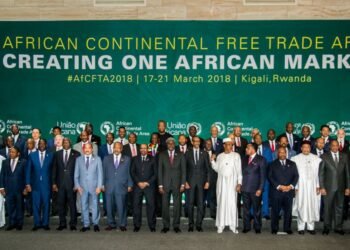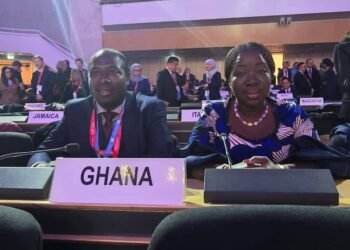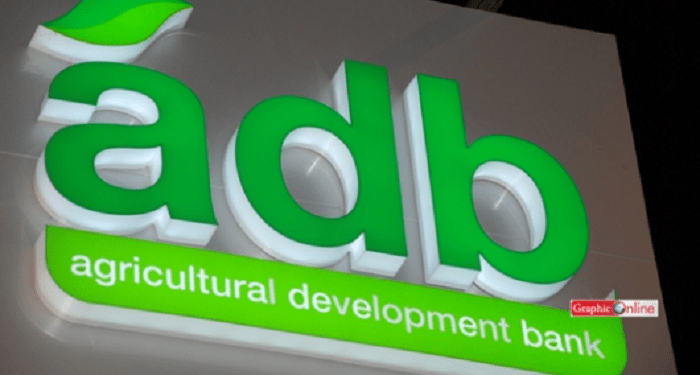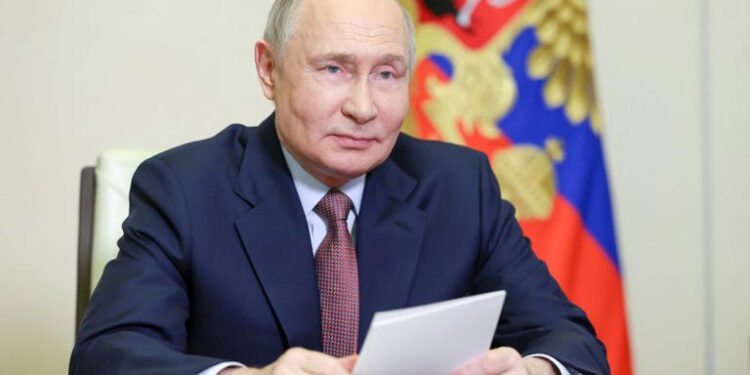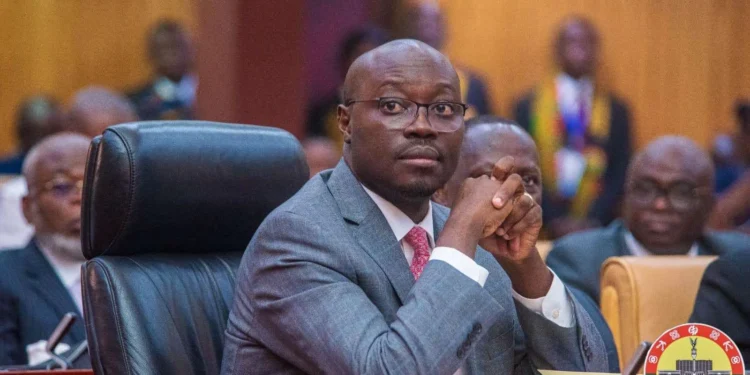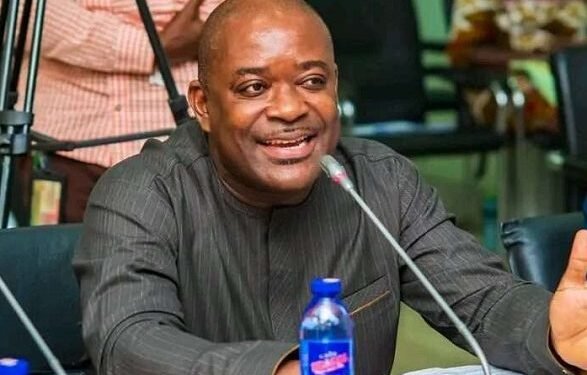President John Dramani Mahama has taken a bold step toward reshaping Ghana’s economy with the introduction of the “24-Hour Economy Policy.”
At a high-level engagement session held at the Presidency in Accra, President Mahama met with over 200 business leaders and industry captains to discuss the policy’s objectives and implementation strategies. The policy seeks to stimulate sustained economic activity by encouraging businesses to operate in multiple shifts around the clock, thus enhancing productivity and job creation.
The President emphasized that the 24-Hour Economy is not just a policy initiative, but a critical element of the government’s broader national reset agenda. “The 24-Hour vision is both a destination and a programme,” he said, setting the tone for a major economic shift focused on maximizing Ghana’s infrastructure, human capital, and innovative potential.
From Campaign Promise to Policy Blueprint
The idea of a 24-Hour Economy resonated strongly with the Ghanaian public during the 2024 campaign period. It is now a central feature of the government’s push toward full employment and inclusive growth. President Mahama said that earlier this month, he received the finalized draft of the policy document from his advisor, Mr. Goosie Tanoh. After a thorough review, he expressed confidence in the actionable framework the policy outlines.
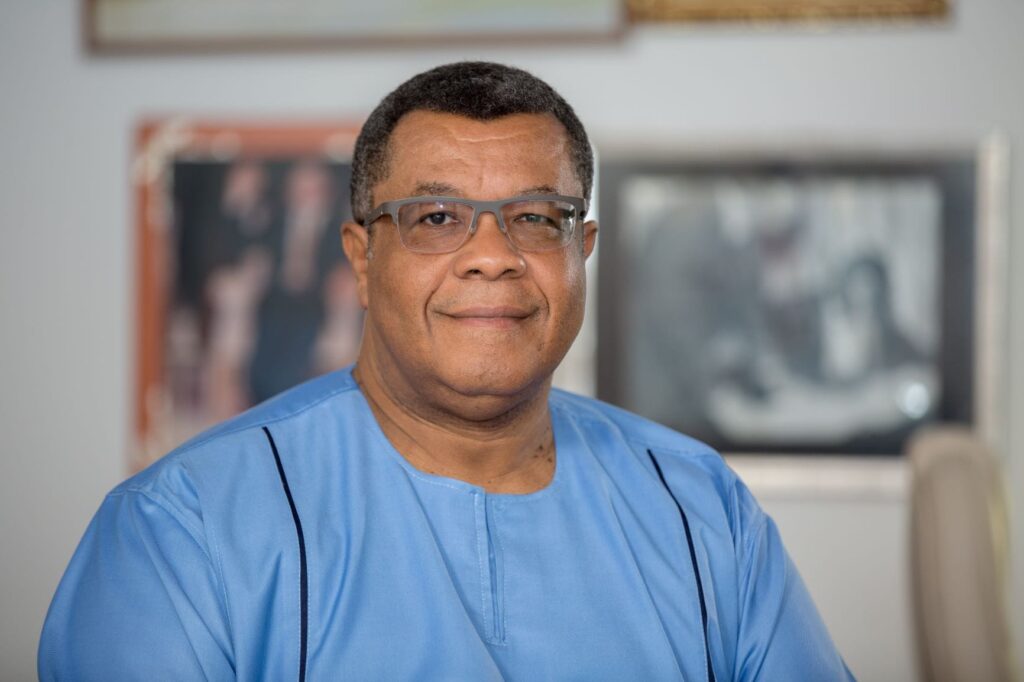
The framework aims to re-engineer Ghana’s entire production system—from agriculture and manufacturing to digital services and exports. President Mahama noted that the country must transition from exporting raw materials to focusing on value-added products such as pharmaceuticals, garments, industrial inputs, wholesome foods, and digital solutions.
For the 24-Hour Economy to thrive, President Mahama pointed out that a stable macroeconomic environment is essential. This stability, he noted, is being steadily achieved through coordinated efforts between the Ministry of Finance and the Bank of Ghana. However, he stressed that macroeconomic stability alone was not enough.
The policy focuses sharply on transforming production, enterprise development, job creation, and boosting exports. At its core, the programme takes an integrated value chain approach to address structural bottlenecks in a holistic manner. This includes improvements in infrastructure, access to finance, land systems, logistics, and skills development.
The Volta Lake Economic Corridor
Among the policy’s most ambitious proposals is the development of the Volta Lake Economic Corridor. President Mahama described this corridor, centered on the Volta Lake and the surrounding basin, as a potential national production zone and logistics hub. This initiative is expected to unlock significant economic value, particularly in transportation, agriculture, and industrialization.
The corridor will serve as a focal point for regional development, linking production zones with export markets and creating new economic opportunities across various sectors.
To ensure inclusiveness and nationwide participation, President Mahama revealed plans to decentralize the 24-Hour Economy Secretariat to the district level. This move is designed to give all districts across Ghana the opportunity to contribute to and benefit from the programme. Local authorities and business communities will be equipped with the tools and support needed to roll out 24-hour operations tailored to their specific economic contexts.
President Mahama announced that the official policy document would be made public on Tuesday, June 3. This will provide businesses and stakeholders with a detailed roadmap of the government’s strategy for implementation.
Marking a symbolic milestone, President Mahama confirmed that the 24-Hour Plus programme would be officially launched on July 1st, Ghana’s Republic Day. This launch will signal the government’s full commitment to the policy and set the stage for nationwide engagement and execution.
READ ALSO: Bawumia Condemns Wontumi’s Arrest, Demands Transparency




